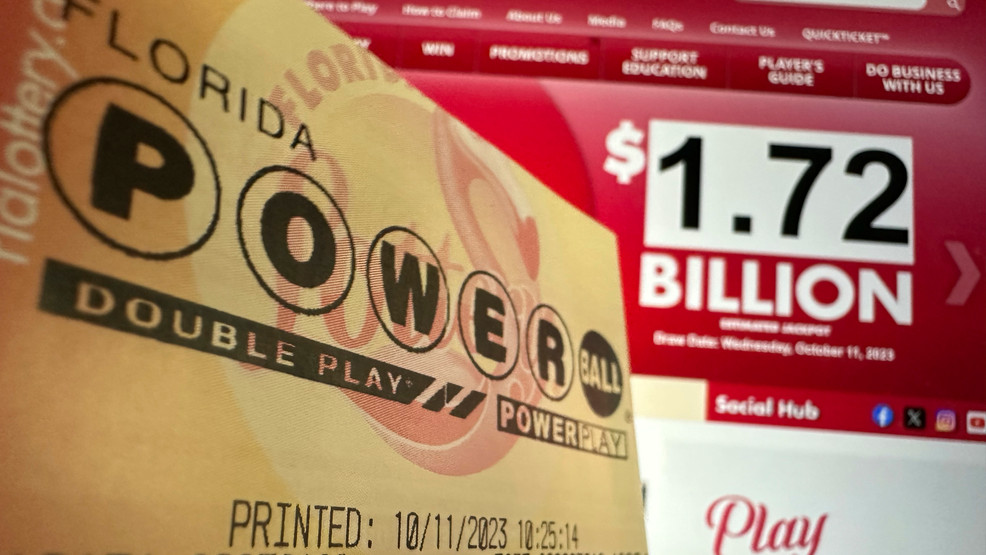
WASHINGTON (TND) — A new study revealed that 65,000 substantial lottery winners in 13 states continued to receive food stamps, or Supplemental Nutrition Assistance Program (SNAP) benefits.
According to the federal government, substantial lottery earnings mean $4,250 or more.
Section 4009 of the 2014 Farm Bill provides that any household that receives substantial lottery or gambling winnings, as determined by the Secretary, must lose eligibility for benefits immediately upon receipt of winnings. It also requires that those households remain ineligible until they meet the allowable financial resources and income eligibility requirements of the Act. Section 4009 also requires the Secretary to set standards for each State agency to establish agreements, to the maximum extent practicable, with entities responsible for the regulation or sponsorship of gaming in the State (gaming entities) to identify SNAP individuals with substantial winnings.
The Foundation for Government Accountability, a conservative think tank, looked at government data from 13 states from 2019 to 2023. The highest winner they found won a $2 million jackpot in South Dakota.
The group found fewer than 400 of the 65,000 substantial lottery winners were removed from the food stamp program.
Hayden Dublois, data and analytics director for FGA, said anytime the government allows ineligible individuals to remain on government assistance programs, it limits resources.
“The food stamp program was designed for those truly in need. If you can pay for lottery tickets, and win a substantial amount, up to $2 million, in our research, you shouldn’t be on the program,” he explained. “If you have cash overflowing in your bank account, you shouldn’t be on the program.”
Dublois said his group only looked at 13 states because only 13 states responded with data. FGA estimates the nationwide number of substantial lottery winners getting SNAP benefits is likely in the hundreds of thousands.
Cross-checks aren’t being implemented or statutorily codified because a number of states are not prioritizing program integrity in the food stamp programs,” said Dublois. “If we simply closed the loophole that is allowing states to bypass the asset test, it would save more than $100 billion over the next decade. But states don’t have any incentive to do that, because Congress isn’t requiring it and because the program is mostly paid for by federal dollars.”
FGA has two policy suggestions. The first is to force states to implement data cross-checks which would include comparing lottery winners to things like death records, employment and wage records, and incarceration records. They also want to see the end of the “Broad-Based Categorical Eligibility” they say states use to ignore asset limits for food stamps.
More than 41 million people receive SNAP benefits.
